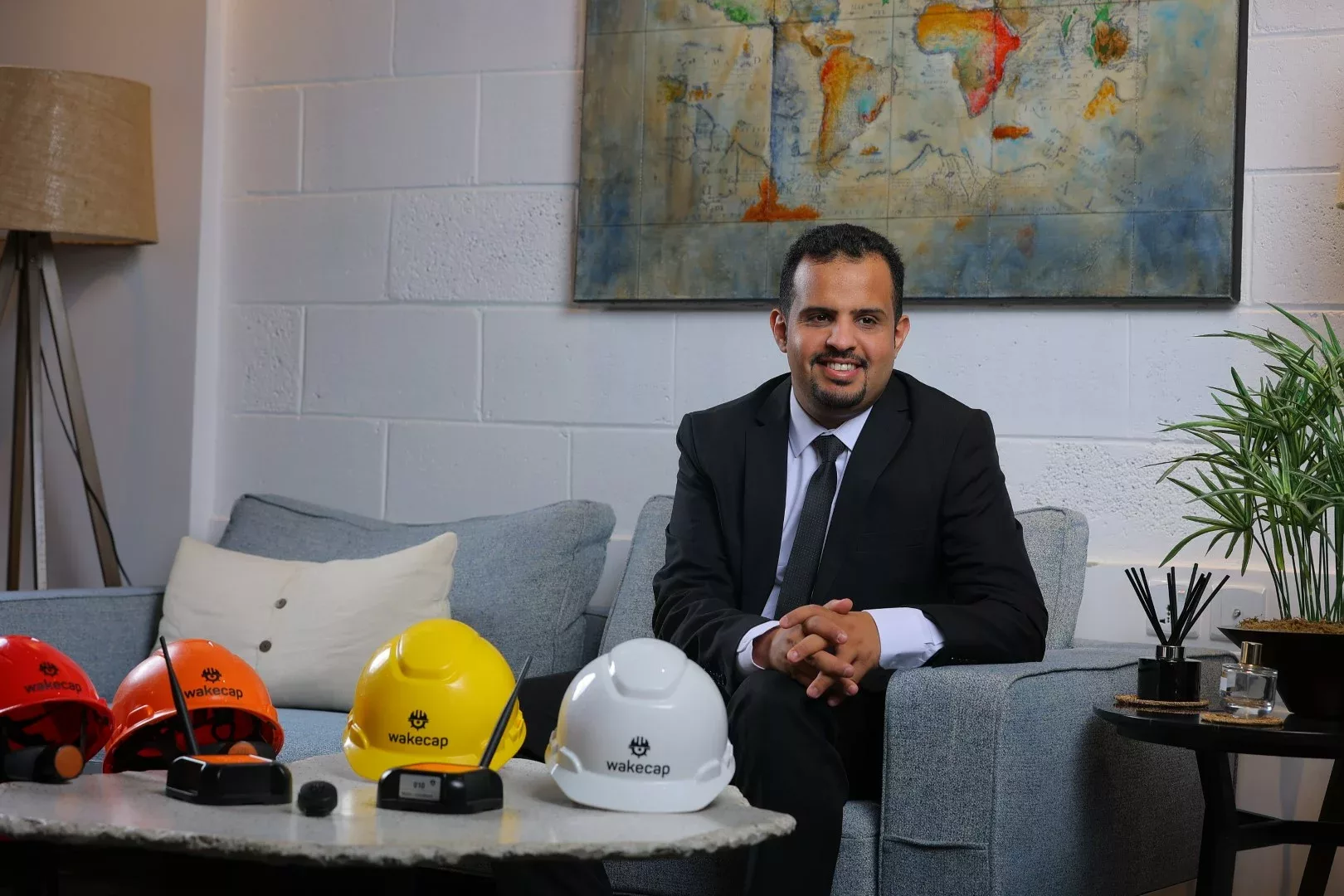COP28: Emissions Must be Halved by 2030 in Order to Limit Global Warming

Hassan Albalawi, the CEO and Co-Founder of WakeCap, says technology is already demonstrating its crucial role within the area of sustainability
Please tell us about your efforts that ensure a sustainable and equitable digital future.
More and more business leaders understand how important ESG is to their future and their bottom line. A market research paper by Sustainable Square and MEIRA shows that 51% of sustainability discussions in GCC are now happening at the boardroom level and that 76% of GCC companies noticed that consumers are shifting their preferences towards companies that adhere to ESG standards.
While profit is one part of the puzzle of ensuring a business is sustainable in every meaning of the word, we know it’s not the whole picture. Looking beyond financial performance, understanding the value and relevance of stakeholders, and ensuring strategies that mitigate risk are all part of ensuring a sustainable business. Our technology contributes to reducing waste and streamlining efficiencies.
If the construction industry is to make any meaningful headway in meeting global carbon emission goals, I am convinced that digital technology must be front and centre of driving innovation and impactful change. There’s a lot of focus on building greener cities and the technology of green infrastructure – it is important to remember that the process of creating them must also be as streamlined and efficient as possible. WakeCap’s technology supports the initiatives of construction companies to be greener.
What is your commitment to combat climate change?
WakeCap was founded on the belief that greater transparency benefits everyone, from investors to stakeholders and workers themselves. This hasn’t changed since 2017 when we launched our business. We work very closely with leading construction businesses who are all eager to streamline, reduce wastage and improve processes. Our wearable tech delivers notable improvements across all these areas and more – as a CEO; I continue to drive innovation and improvement at WakeCap that seek to build upon our existing achievements.
What are the challenges in combatting global environmental issues?
Divergent economic interests and regulations hinder international cooperation; there is often a lack of cohesion in international leadership that is also driven by short-term considerations. Pollution and waste management, along with the overexploitation of resources, present ongoing challenges that demand comprehensive and coordinated solutions. Population growth urbanization, and human behaviour, all contribute to pollution and resource depletion. Successfully addressing these issues requires a concerted, multi-stakeholder effort on a global scale.
What sort of trends do you foresee in the areas of sustainability and technology?
Technology is already demonstrating its crucial role in the area of sustainability. I don’t believe the two can be separated as we move towards meeting the global goals for reducing carbon emissions. The potential for improvement of reporting frameworks for ESG is particularly important when it comes to sustainable goals and I think a lot of innovation will be further driven by the increased demand for transparency and accuracy of information. This is something that resonates with WakeCap because we have seen first-hand how improved and highly accurate data can transform a company’s efficiency, its processes and its bottom line. I think a greater call for transparency when it comes to emissions is inevitable as we move closer towards the 2030 deadline.
How do you envision your role in shaping a more sustainable future in 2024 and beyond?
Emissions must be halved by 2030 to limit global warming; we only have another seven years to meet that goal. COP28 UAE has been a key opportunity for the world’s leaders and decision-makers to push forward the climate agenda. Our technology focuses on solving a lot of challenges in the construction industry, not traditionally known for being the most ‘green’ of industries. According to the International Energy Agency, construction accounts for 36 per cent of worldwide energy demand and 40 per cent of global energy and process-related emissions.
It is critical for construction to harness sustainable technology and construction to improve how we build. SDG 9 relates to industry, innovation and infrastructure and I believe companies such as WakeCap play a critical role in ensuring that the industry becomes more streamlined, more efficient, and smarter across all its processes. Our technology centres on wearable technology connected to a network that gathers data. This data can then be carefully analysed by construction site owners, contractors and managers, to identify areas for improvement, from under-utilised equipment to areas on a building site where teams can be increased or reduced.
